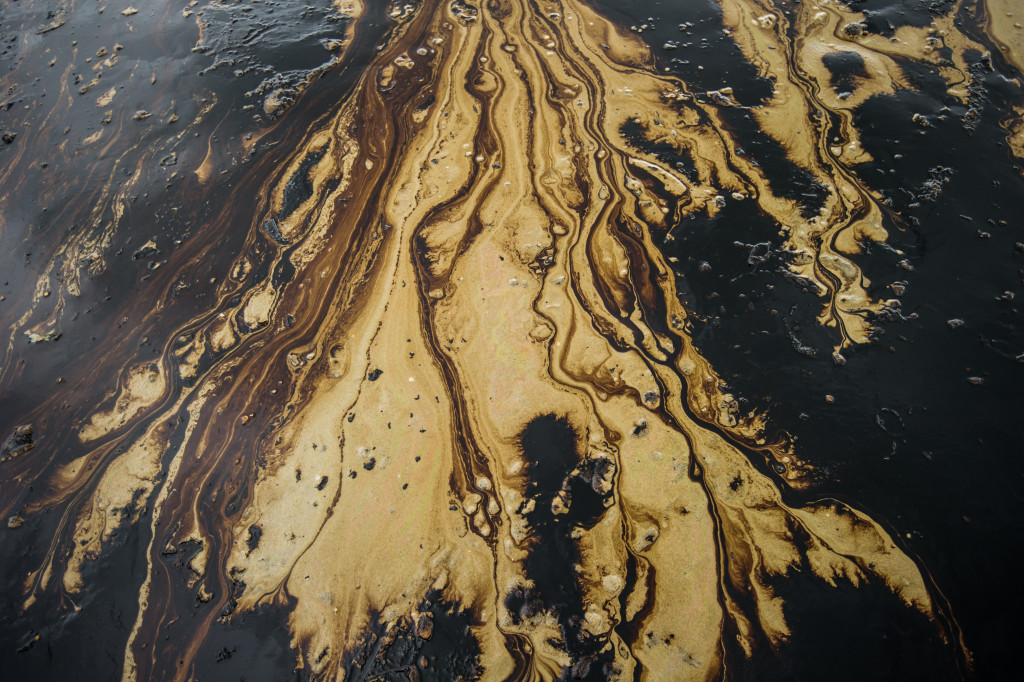• Oil spills devastate the environment, wildlife, economy, and human health.
• Diagnostic tools help identify mechanical issues with tanker valves to avoid spills.
• Oil spill detection sensors detect changes in water temperature or pressure that may indicate a spill.
• Remotely operated vehicles (ROVs) help inspect pipelines and vessels for damage.
• Automatic shutoff valves close automatically if it detects a sudden pressure loss or an increased temperature.
Oil spills have become common in a country like the United States due to many oil tankers and other vessels that traverse its waters. It’s a billion-dollar industry, and with the proliferation of these ships, there is an increased chance of accidents posed by human negligence or unexpected weather conditions. An oil spill can have a devastating impact on the environment and the local economy. Here’s what you need to know about oil spills in the country and how technology is helping to prevent them from happening.
The Devastating Effects of Oil Spills
The United States is a big country with a lot of coastlines. That’s why oil spills are such a big deal here. Not only do they ruin the environment, but they also hurt the economy. Here are four ways oil spills can ruin the United States.
Wildlife Damage
One of the most immediate and noticeable effects of an oil spill is the death of wildlife. Birds, fish, and other animals can get caught in the oil, which coats their feathers or scales and prevents them from being able to fly or swim. The oil can also clog their respiratory systems, leading to asphyxiation. Oil spills can also contaminate the food chain, causing long-term damage to entire ecosystems.

Economic Damage
Oil spills not only hurt the environment; they can also have a significant impact on the economy. Fishing and tourism are two of the biggest industries in coastal communities, and an oil spill can seriously harm both. F
ish exposed to oil can suffer from health problems that make them unsafe to eat, while an oil slick on the water’s surface can deter tourists from visiting an area. In some cases, it can take years for a place to recover from an oil spill economically.
Long-Term Environmental Damage
Even after the initial cleanup, oil spills can continue to cause environmental damage for years. The oil that has been spilled into the ocean often sinks to the bottom, where it can damage coral reefs and other sensitive habitats. And once an area has been contaminated with oil, it becomes much more susceptible to future spills.
Health Problems
Oil exposure can cause various health problems in humans, including skin irritation, headaches, and nausea. Inhaling fumes from burning oil can also lead to respiratory problems such as bronchitis and pneumonia. People living near an oil spill may be at an increased risk for these health problems if exposed to air or water contaminated with oil fumes or chemicals used in the cleanup process.
Technologies Helping Prevent Oil Spills
Thankfully, many technologies are emerging to help prevent oil spills from occurring. Here are some of those technologies:
Diagnostic Tools
The valves inside oil tankers need to be regularly checked and maintained. To do this, diagnostic tools are being developed to detect corrosion or mechanical problems with tanker valves. In addition, block valve diagnostic tools can also look into the operational history of the valves, allowing crews to identify potential problems before they become an issue. This can drastically reduce the chance of spills as the valves remain maintained because of these tools.
Oil Spill Detection Sensors
Oil spill detection sensors can detect changes in water temperature or pressure that could indicate a spill is occurring. The sensors are usually linked to satellites, alerting nearby vessels to take action. This technology has been used to detect and respond to numerous spills worldwide.

Remotely Operated Vehicles
Remotely operated vehicles (ROVs) are unmanned underwater robots that can be used to inspect pipelines and vessels for damage or blockages, helping to avoid potentially disastrous oil spills. ROVs also allows companies to quickly locate and contain a spill if one does occur, reducing environmental damage.
Automatic Shutoff Valves
Another technological advancement is the development of automatic shutoff valves. These valves are designed to close automatically if it detects a sudden pressure loss or an increase in temperature. This helps to prevent any oil from escaping and can drastically reduce the size of a potential spill.
The importance of preventing an oil spill cannot be overstated. Protecting the environment, economics, and health from the devastating consequences is essential. Technologies like the ones mentioned above are helping to manage the risk better and prevent spills before they occur. As these technologies evolve, the hope is that future oil spills can be avoided entirely.
